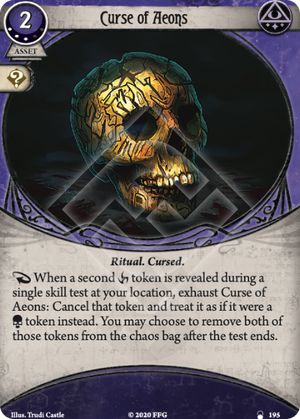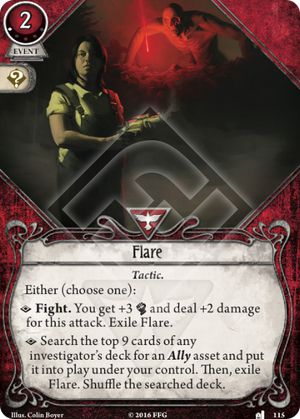
Based on the following entry for Grounded, I think this can be committed not only to "Test [skill type] (difficulty)" tests printed on a scenario card, but also to actions which are themselves a skill test, if the action is being triggered "from an ability printed on a scenario card": arkhamdb.com
Q: What consistitutes a "skill test on a Spell card" for the purposes of cards like Spirit Athame and Grounded? A: A "skill test on a card" is any ability that directly prompts a skill test, either through the template "test skill (X)," or by initiating an action that is, in itself, a skill test (for example, any card with Fight, Evade, or Investigate action designators).
By this interpretation, some cards (not exhaustive) which do work with True Understanding: Green Room (https://arkhamdb.com/card/03055), The Man in the Pallid Mask (https://arkhamdb.com/card/03059), Spires of Carcosa (https://arkhamdb.com/card/03091), Reading Room (https://arkhamdb.com/card/03134), Searching for Izzie, Of Life and Death (https://arkhamdb.com/card/06301), Moon-Forest (https://arkhamdb.com/card/06218), arguably Feathered Serpent if you don't have a scepter (https://arkhamdb.com/card/53047), Cubic Ooze (https://arkhamdb.com/card/85041)



